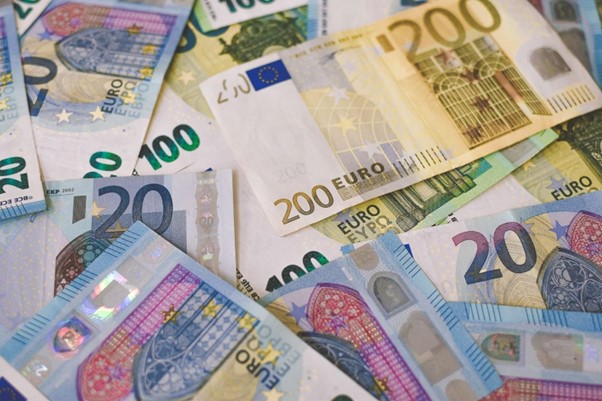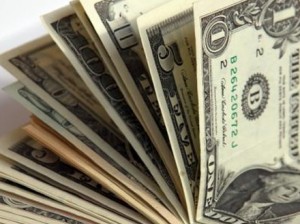Everything you need to know about foreign exchange
 Read on to find out everything you need to know about the foreign exchange market
Read on to find out everything you need to know about the foreign exchange market
Forex has been a popular trading option for many people for a number of years now. Especially today, learning about it and accessing trading platforms is easier than ever, allowing anyone to start trading immediately.
If you want to start your own forex journey, look at https://www.oanda.com, where we have a quick list of everything you need to know about the foreign exchange market.
What is forex?
Forex, or foreign exchange, is the buying and selling of currencies. There are forex exchanges found across the world, and they all offer dozens of currency pairs that you can buy and sell.
Currency pairs will be discussed later, but in essence, you aren’t buying or trading stocks or crypto, but rather money such as dollars or pounds. You make a profit or loss depending on how a country’s economy and the exchange rates of the currencies you are trading do.
Currency pairs
Unlike stocks or crypto, forex trading is not buying or selling one item, but rather, buying into a pair of currencies. When you look at an exchange, you will see something like dollar/pound, pound/yen, euro/yuan.
The first currency is the one you will use to buy the second one. The prices will be determined by the current exchange rate. This means prices are also constantly moving, and something you bought today won’t cost the same tomorrow. 
How do you make a profit?
The question that most people have about forex is how do you make money? This question is relatively easy to answer; let’s say you are wanting to trade with the dollar/pound pairing, and you have $10 to invest.
For the sake of argument, let’s say $10 buys you £15. You spend your $10 and now have £15, you then wait for the Pound to strengthen against the dollar, and then you sell your pounds back for Dollars.
If the pound weakens by $1, you will now have $9 when you sell your pounds back, if it strengthens by $1, you’ll have $11 when you sell; you are making a profit on the currency you bought strengthening against the one you bought in. Sometimes this profit will only be a few cents, but that is when leverage is used.
Types of trading
There are two main types of trading that people use. Both are effective and can make you money, with one being a lot more time and labor-intensive than the other.
Scalping
Scaping is a method of trading that sees you making multiple trades a day and profiting on the small fluctuations happening all the time. The profits are often no more than a few cents, but you make so many trades a day that the profits begin to add up very quickly.
The downside with scalping is that it requires a lot of hours in the day and keeping a constant watch on the markets. It only works well because you are making a ton of trades. If you can’t dedicate 6 or 7 hours of your day to trades, scalping isn’t for you.
Day trading is a long game of sorts in forex. It sees you putting in trades in the morning and then leaving them for a period. This can be anywhere from 24 hours to a few weeks, even months.
While you still need to pay attention to these trades regularly, you will often leave them to work their magic and then cash out after some time. These types of trades are great for those with limited time and beginner traders.
Leverage
Forex brokers are different from stockbrokers or crypto exchanges due to being able to offer leverage. In simple terms, leverage is money given to you by the broker to allow you to invest larger amounts of money. Since profit margins can be so small, leverage allows you to increase your investments and therefore increase your profits.
Let’s say you have invested $10 with a 1% profit; that’s a $0.1 profit. A broker can offer you 50x leverage, meaning your $10 is now $500, and your 1% profit is now $5. Since forex profits can be so small, as little as 0.5% or less, the more money you invest, the better.
Leverage is something that should be researched, and you need to familiarize yourself with your broker’s terms and conditions regarding leverage before you use the feature.

